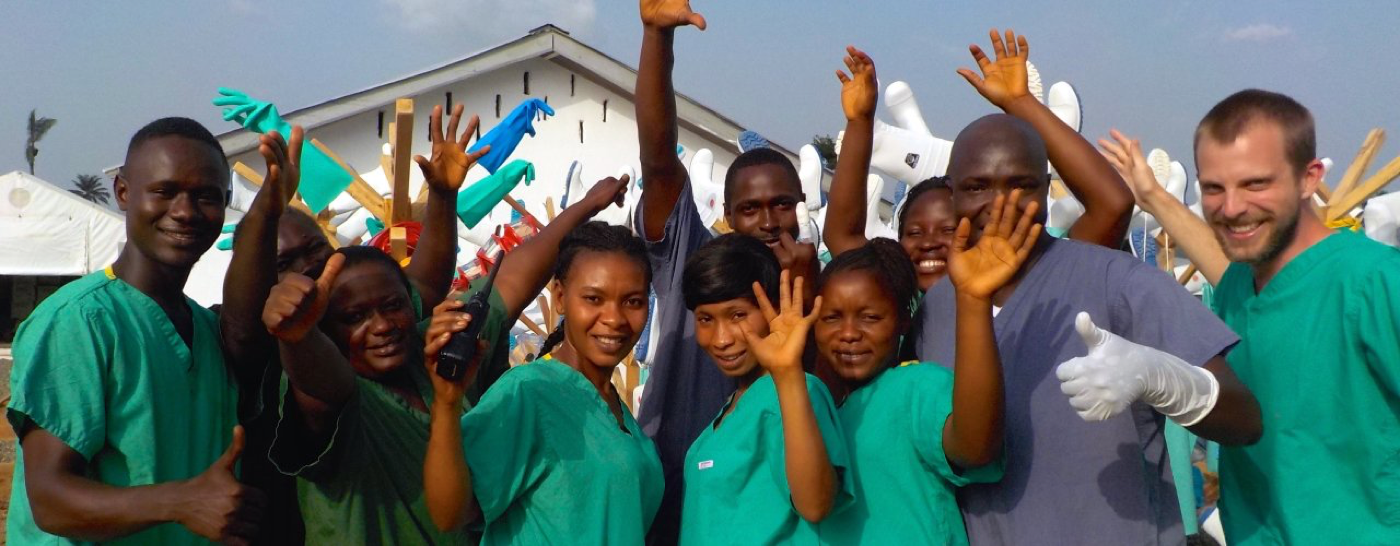The situation
In 2014, west Africa was gripped by the biggest-ever Ebola outbreak, causing thousands of deaths and devastating already fragile healthcare systems.
Although Sierra Leone has now been declared Ebola-free, the diversion of resources to tackle the outbreak has left the country’s hospitals under-resourced. Local communities’ confidence in the healthcare system has broken down in many places, particularly in the worst-affected areas.
Over 60 per cent of Sierra Leone’s population live in poverty, surviving on less than £1 per day with a third not having access to a safe water supply, which has a huge impact on disease prevalence. In 2015, life expectancy was just 49 years for men, and 51 for women.
It’s important that we build resilience into the health system to prevent epidemics and build back trust in the community.
Dr John Wright, Doctors of the World volunteer in Sierra Leone
Our Work
Doctors of the World first began working in Sierra Leone in 2003, delivering primary healthcare and sexual and reproductive health programmes. During the recent Ebola outbreak we set up and ran a custom-built treatment centre in Moyamba.
We have recently been supporting communities in Sierra Leone, including through the rehabilitation of health facilities left devastated by the crisis. We collaborated with the Sierra Leone government to establish counsellinggroups for Ebola survivors and distributed hygiene kits to over 27,000 students so that local schools were able to reopen safely.
We continue to help deliver training to health workers on disease management, building resilience so the country is better equipped to deal with future outbreaks.
